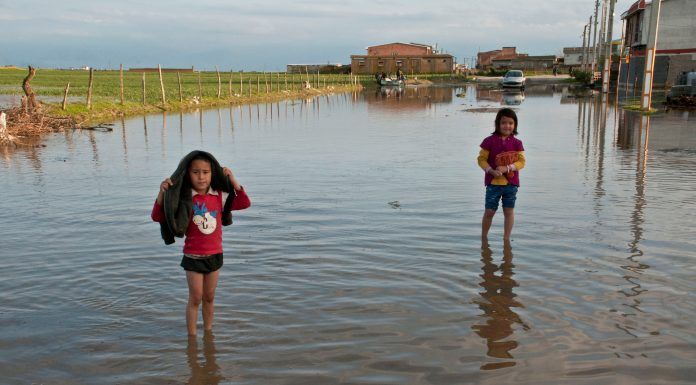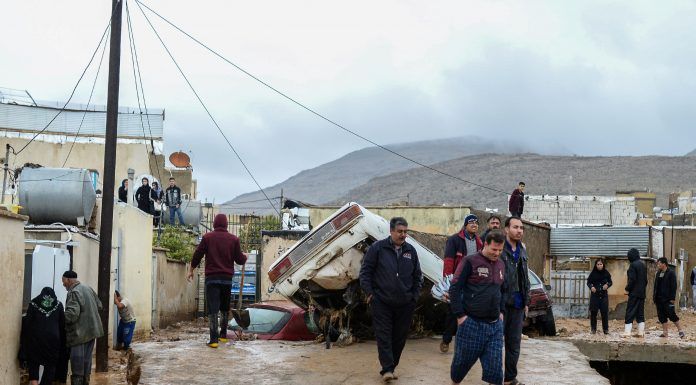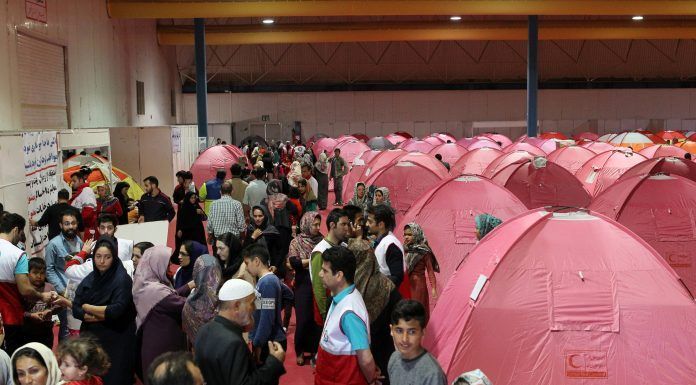Iran’s Supreme Leader Ayatollah Ali Khamenei has reiterated his concern over the country’s negative rate of population growth, according to the new Health Minister Saeed Namaki.
“During a private conversation that took place after a high-level emergency meeting on relief efforts to regions affected by recent flooding, the leader tasked the Health Ministry with addressing the country’s negative population growth as a matter of urgency,” Mr. Namaki said.
Namaki added: “I informed the leader that the ministry would soon present him with a draft proposal on how to address the problem of negative population growth in the country.”
Iran’s fertility rate of 1.9 live births per woman is resulting in negative demographic growth. The trend has concerned health authorities, particularly since the country also has a negative immigration rate of -0.08 immigrants per 1,000 members of the population. As a result, the future workforce of Iran may struggle with a disproportionately large elderly population.
To encourage young married couples to have more children, the Majlis (Iranian parliament) approved a bill in 2014 that enabled the government to increase maternity and paternity leaves to nine months and two weeks, respectively.
Mr. Khamenei’s concerns over the country’s negative population growth come amidst devastating flash floods which have struck large parts of the country. Torrential rains in the past two weeks have caused massive flooding in 25 provinces, killing more than 70 and displacing tens of thousands of people. The National Disaster Management Organization (NDMO) has warned that some dams could overflow, causing more devastation in the coming days.
On April 2, Mr. Khamenei held a meeting with senior officials from the government, law enforcement agencies and emergency services to discuss emergency relief efforts to the flood-stricken regions.
Mr. Khamenei said: “We cannot stop flood waters because torrential rains cause river banks to overflow. However, we can prevent the destruction of [homes] and loss of lives. Relevant organizations and officials should have taken preventive measures to minimize the damage, including watershed management, dredging rivers and dams and protecting marshlands and woodlands, but unfortunately, they took none of the necessary steps. We should have dealt with the impact and aftermath of this natural disaster, but we were ill prepared.”
Khamenei added: “Floodwaters have inflicted irreparable damage to vast regions of the country. Such calamities leave lasting emotional and psychological scars on people in the flood-stricken regions. These wounds do not heal easily and quickly. People living in these provinces have suffered great losses. A family who has lost their home and all their belongings to flood have to live in a tent. The daunting task of having to ensure the health and safety of his wife and children under such extraordinary circumstances can overwhelm the head of a household.”
He noted: “The initial shock and fear are devastating. Some local authorities have advised people to go to the roof of their homes which provides no real protection against rushing water. The roof of a house can easily collapse. We must find real solutions to these problems. Providing food and tents to people in affected provinces and rebuilding their homes is not enough. We must do our utmost to prevent such pain and suffering.”
Khamenei explained: “We must make homes earthquake-proof. Officials must also take preventive measures to minimize damages caused by flooding through effective watershed management, dredging rivers and dams and protecting marshlands and woodlands. These are very significant steps. Also, the NDMO must help people living in the affected regions.”
[Translated from Persian by Fardine Hamidi]




